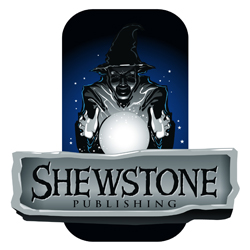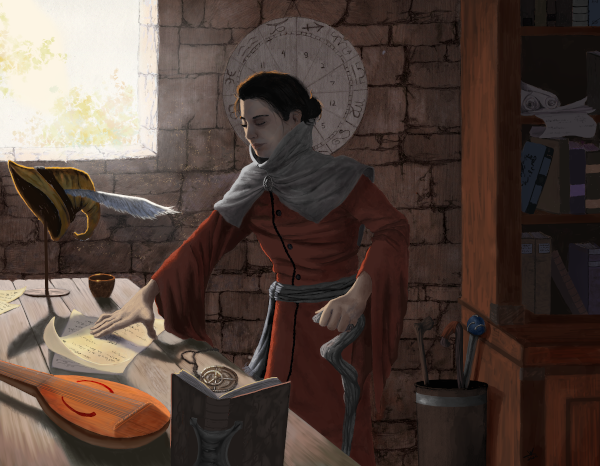It’s surprising how much little details of a character sheet can make gameplay flow smoothly. Players have a lot of details they need to consider when deciding and resolving their characters’ actions and we don’t want to go searching through the rule book every time!
One of the benefits of our hands-on approach to playtesting (Andrew Gronosky, the owner of Shewstone, GMs more than half the playtest games) is we get to see what goes smoothly and where players hit a little friction—which wheels are squeaky, so to speak. One of the sticking points has been knowing the difference between which spells a character can cast immediately and which require the 10-minute ceremonial setup. We’ve updated the character sheets to clarify that, as well as answer other questions like “what equipment is my (pregenerated) character carrying?”
You can download the Magonomia Example Characters version 1.2 here, on the Magonomia wiki, or (if you’re a DriveThruRPG customer) by checking your notifications on DriveThruRPG.
Kudos to Patrick Murphy of Mad Irishman Productions for an outstanding job designing a concise, playable Grimoire (spells) page for the character sheet. Another year’s experience running Magonomia has shown us that all we need to do it take a little more time to fill in the details on that sheet. The effort pays off when new or casual players have an easier time getting immersed in the spontaneous, freewheeling and unlimited magic of a Magonomia game session!




